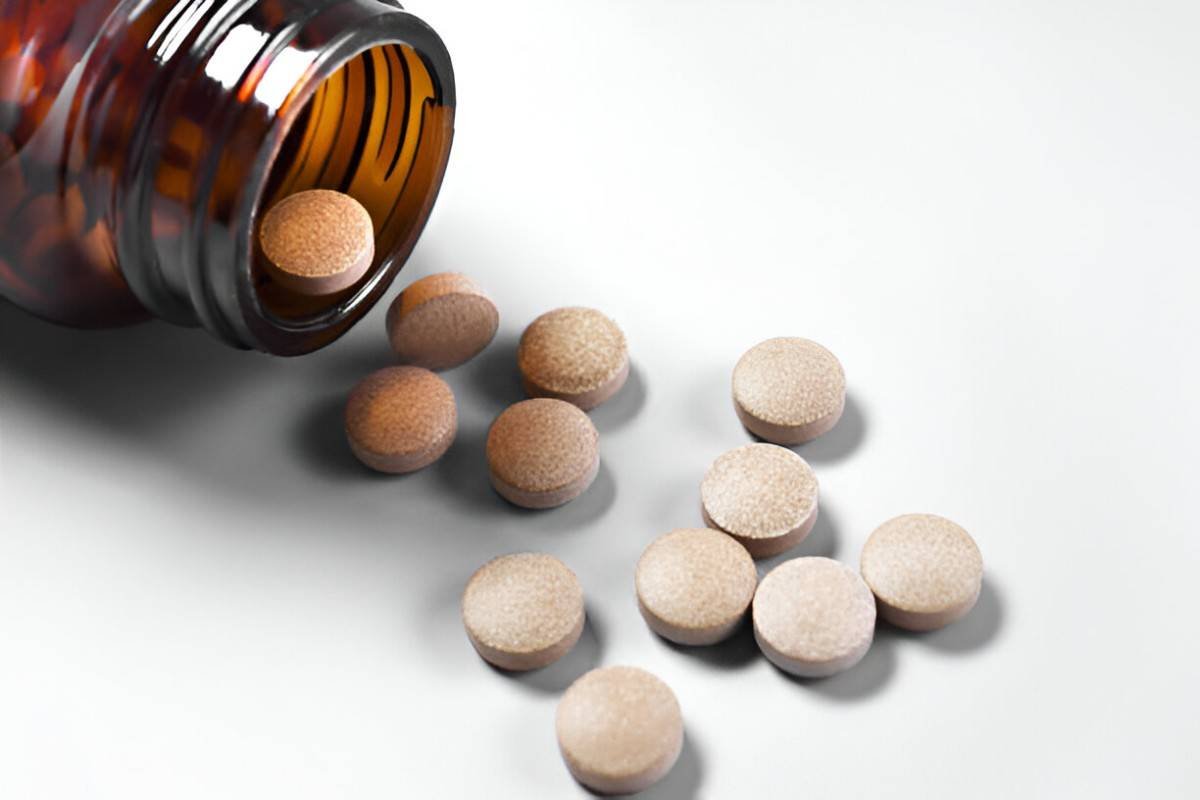Iron is a crucial mineral necessary for various bodily functions, including oxygen transport, energy production, and DNA synthesis. While dietary sources of iron are vital, some individuals may require iron supplements to meet their daily needs. This article delves into the health benefits, nutritional values, disease prevention potential, cautions, and ways to incorporate iron supplements into your diet.
Summary Table
| Aspect | Details |
|---|---|
| Common Forms | Ferrous sulfate, ferrous gluconate, ferrous fumarate, ferric citrate |
| Elemental Iron Content | Varies by form: 20%-33% |
| Primary Benefits | Prevention and treatment of anemia, enhanced cognitive function, energy production, immune support, healthy pregnancy |
| Disease Management | Iron-deficiency anemia, restless legs syndrome, chronic kidney disease |
| Cautions | Risk of overdose, gastrointestinal side effects, interactions with medications |
| Diet Incorporation | Follow dosage recommendations, take with vitamin C, avoid inhibitors of iron absorption, monitor iron levels |
Nutritional Values
Iron supplements come in several forms, each with a different percentage of elemental iron:
- Ferrous Sulfate: 20% elemental iron
- Ferrous Gluconate: 12% elemental iron
- Ferrous Fumarate: 33% elemental iron
- Ferric Citrate: 24% elemental iron
For example, a typical 325 mg ferrous sulfate tablet contains about 65 mg of elemental iron.
Key Health Benefits
- Prevention and Treatment of Anemia: Iron supplements are essential in preventing and treating iron-deficiency anemia, characterized by low hemoglobin levels, leading to fatigue, weakness, and shortness of breath.
- Enhanced Cognitive Function: Adequate iron levels are crucial for cognitive function, particularly in children and adolescents, as iron plays a key role in brain development and neurotransmitter production.
- Energy Production: Iron is a component of hemoglobin, the protein in red blood cells responsible for transporting oxygen from the lungs to tissues. Sufficient iron levels ensure efficient oxygen delivery, boosting energy production and physical performance.
- Immune Support: Iron supports the immune system by promoting the growth and differentiation of immune cells, enhancing the body’s ability to fight infections.
- Healthy Pregnancy: Pregnant women require higher iron levels to support increased blood volume and fetal development. Iron supplements can help prevent iron-deficiency anemia during pregnancy, reducing the risk of complications.
Disease Prevention and Management
- Iron-Deficiency Anemia: Iron supplements are the primary treatment for iron-deficiency anemia, helping restore normal hemoglobin levels and alleviate symptoms such as fatigue and weakness.
- Restless Legs Syndrome (RLS): Iron supplementation may improve symptoms of RLS, a condition characterized by an uncontrollable urge to move the legs, especially at night, sometimes linked to low iron levels.
- Chronic Kidney Disease (CKD): Iron supplements are often prescribed to CKD patients to manage anemia resulting from reduced erythropoietin production and iron deficiency.
Cautions
- Overdose Risk: Excessive iron intake can lead to toxicity, resulting in symptoms such as nausea, vomiting, constipation, and, in severe cases, organ damage. It is crucial to follow recommended dosages and consult with a healthcare provider.
- Gastrointestinal Side Effects: Iron supplements can cause gastrointestinal side effects, including constipation, diarrhea, nausea, and abdominal discomfort. Taking iron with food or using a different form of iron can help mitigate these effects.
- Interactions with Medications: Iron supplements can interact with certain medications, such as antacids, proton pump inhibitors, and certain antibiotics, potentially reducing their effectiveness. It is essential to discuss with a healthcare provider before starting iron supplements.
Incorporating Iron Supplements into Your Diet
- Dosage and Timing: Follow the recommended dosage prescribed by your healthcare provider. Iron supplements are best absorbed on an empty stomach but can be taken with food to reduce gastrointestinal discomfort.
- Vitamin C: Enhance iron absorption by taking supplements with a source of vitamin C, such as orange juice or a vitamin C supplement.
- Avoid Certain Foods and Beverages: Calcium-rich foods, tea, coffee, and high-fiber foods can inhibit iron absorption. Avoid consuming these close to the time you take your iron supplement.
- Monitor Iron Levels: Regularly monitor your iron levels through blood tests to ensure you are not experiencing iron deficiency or overload.
Iron supplements are a valuable tool for addressing iron deficiency and its associated conditions. However, they should be used under medical supervision to ensure safety and effectiveness.





